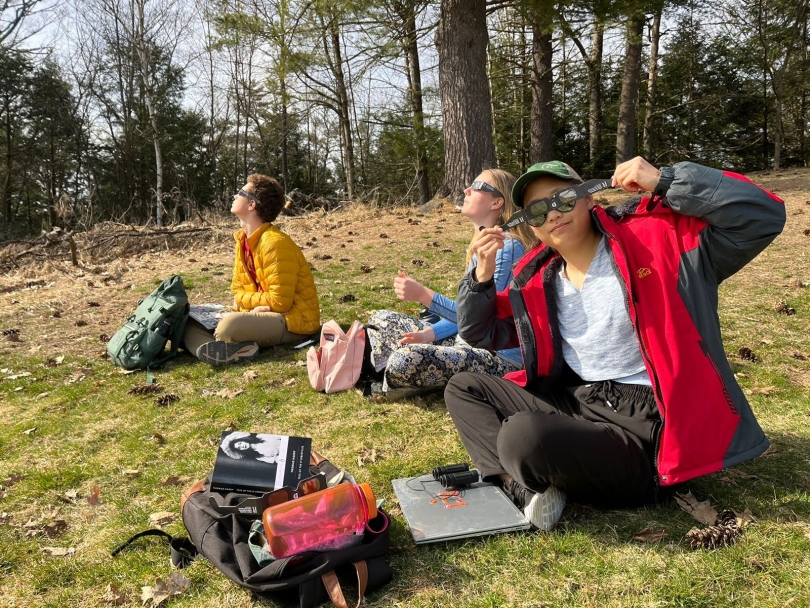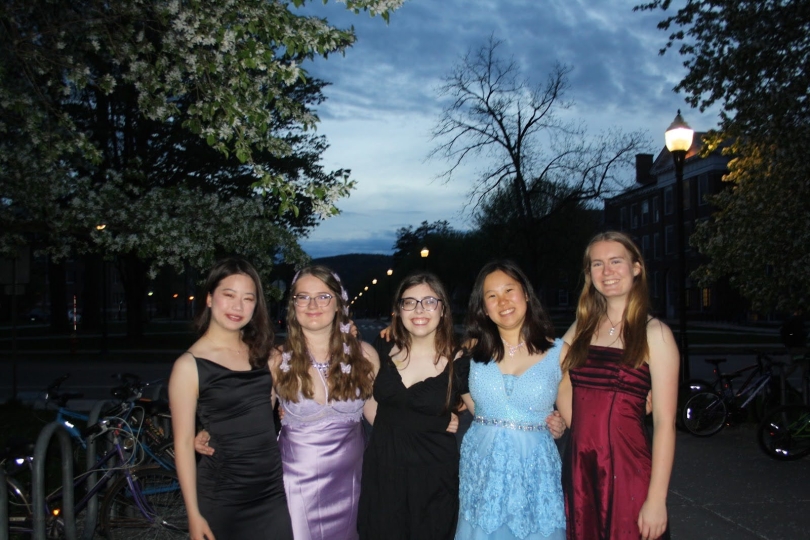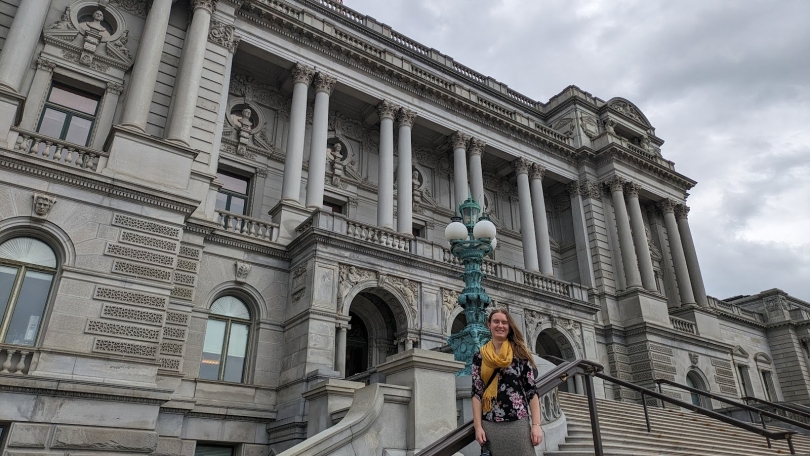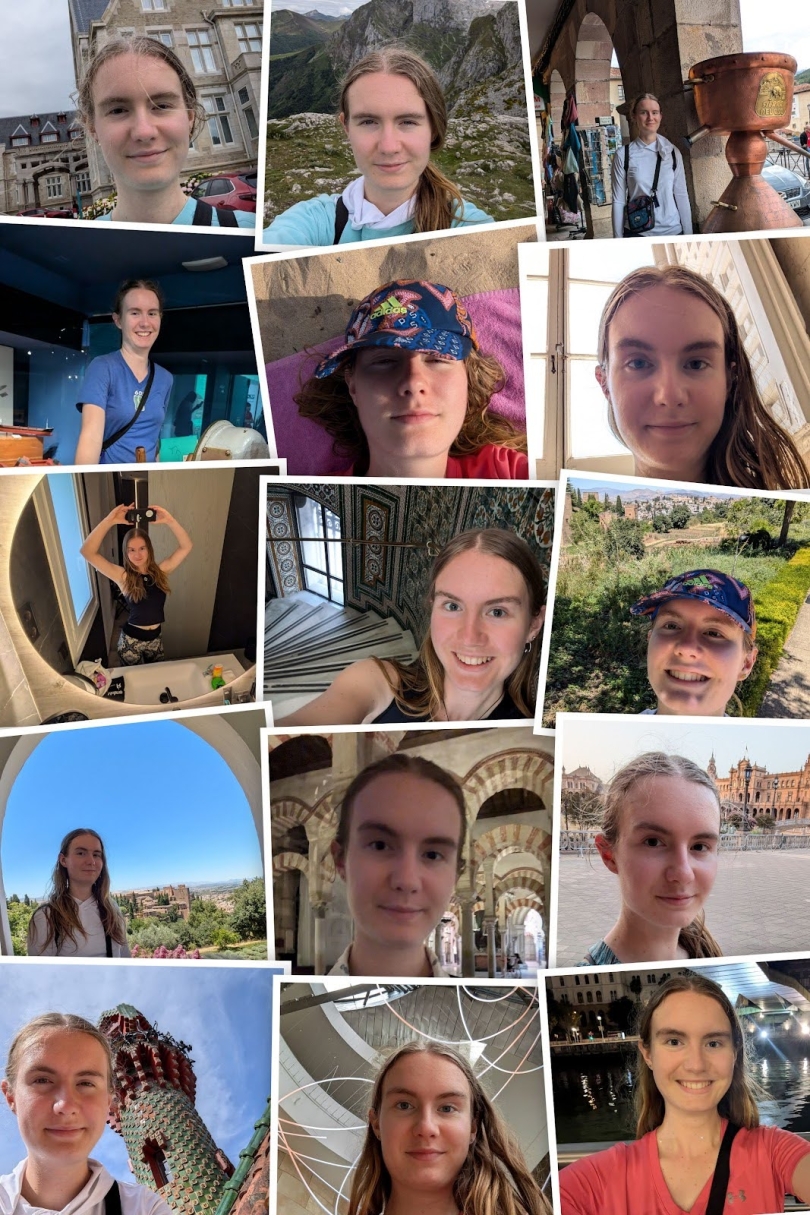
Attending Dartmouth as a Low-Income Student
First and foremost, choosing to go to Dartmouth knowing that I will not be going into debt has allowed me to do some incredible things so far in my time here. My life and career goals center around trying to create positive change in the world; the knowledge of not going into debt during my undergraduate years has made it possible for me to choose a major without the end goal of the highest financial career outcome—not to say that I do not value a healthy income, I just do not have to factor in paying back school loans to that equation. I think it is freeing to engage in intellectual exploration which can lead to creative forms of leadership in a changing world, which in my case is largely enabled by financial accessibility. I have learned a lot from my classes, job positions, and groups here about transferable skills and the key abilities of thinking critically and communicating well with others. My point is that a liberal arts education is teaching me much more than just how to succeed in one particular field or career path.
Another key part of the fact that I can attend Dartmouth is the friends and the people I am exposed to here. The kinds of conversations I have here tend to be fantastic and continue to drive my intellectual and cultural curiosity. It is also great to be around people who have a variety of goals, experiences, and origins, which is more relevant at a smaller school like Dartmouth where student life is a bit of a microcosm.


There are plenty of various fundings at Dartmouth, and one particular area that I was able to experience is going on a trip. Many trips (such as the Dartmouth Outing Club), internships, research positions, and more have easily accessible funding opportunities at Dartmouth making them possible for all Dartmouth students. For example, last spring break, I went with the Tucker Center to Washington D.C., which proved to be a great experience with the expenses covered; it would have stretched my budget and probably stop me from attending if I had to pay for this myself.

Furthermore, this past summer, I was on a study abroad term, which is slightly more expensive than an on-campus term—however, thanks to the financial aid, the extra boost made my abroad experience accessible. The goal is for students to be fully immersed in a study abroad experience and not have to divert their time towards a paid job to make ends meet. I was able to have a range of experiences in Spain and during our week off midway through the program, I was able to travel a bit with some of my classmates.

Lastly, I work paid jobs at Dartmouth. However, with my financial aid package, I don't necessarily need to do this. Nonetheless, I like working as it helps break up a dense intellectual schedule. Currently with my two jobs, the maximum I could work in a week is 14 hours, but that will rarely happen—last year my weekly maximum was 4 hours. This is important because it means I do not need to work crazy hours to make ends meet and dedicate more time to my studies and taking care of myself. In summary, I am able to attend, be successful, and take care of myself at Dartmouth thanks to strong financial aid policies.


















